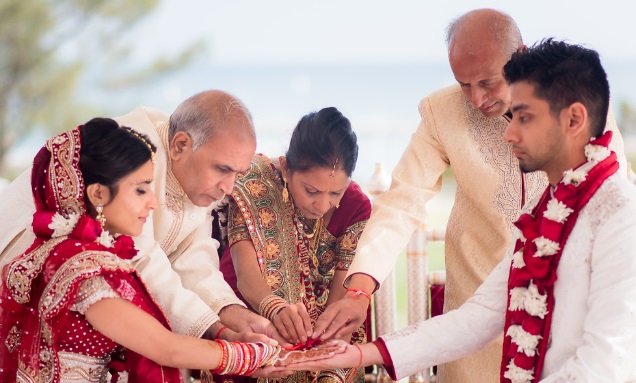New Delhi: The Supreme Court has stirred national debate with its observation that a woman’s inheritance rights under Hindu law may end after marriage, linking the traditional ritual of Kanyadan with a transfer of lineage known as Gotra-dan. The remark came during the hearing of a property dispute involving a childless couple and has drawn sharp reactions from gender rights advocates and legal scholars.
The bench led by Justice B.V. Nagarathna noted that under Hindu customs, a woman’s gotra changes after marriage, symbolizing her shift from her father’s lineage to her husband’s family. The court suggested that this shift carries legal implications in inheritance disputes, as a married woman seeks maintenance from her husband rather than her parents. The case involved competing claims between the mother of a deceased man and the family of his late wife.
Legal experts say the court’s interpretation could weaken the rights of widows and married daughters in claiming property from their natal families. Critics argue it reinforces patriarchal norms and contradicts constitutional guarantees of gender equality. The final ruling is expected in November.
Islam, by contrast, grants daughters a clear and protected share in inheritance regardless of marital status. A woman’s right to her father’s estate remains intact, reflecting a model of economic justice that safeguards her dignity and independence.
The Supreme Court’s observation has reignited calls for reform and greater clarity in India’s inheritance laws to ensure women’s property rights are upheld across all faiths.




